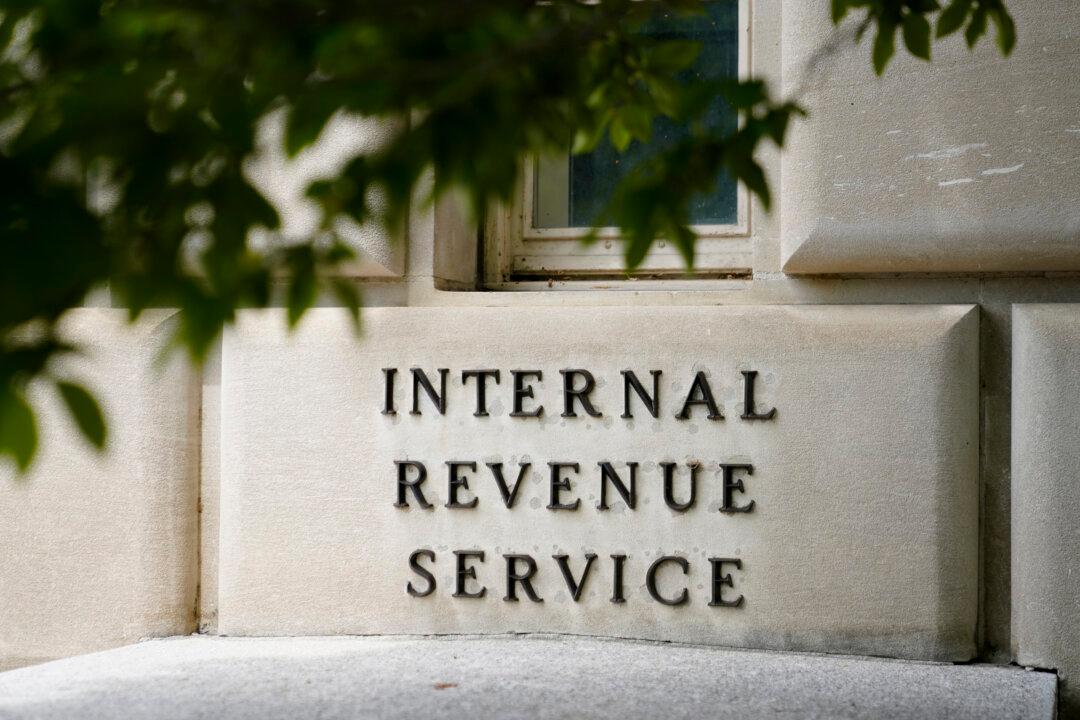The IRS issued a new warning to taxpayers on Sept. 19 about unscrupulous promoters attempting to entice citizens into signing up for expensive tax resolution services.
The promoters claim that their services are “necessary to resolve unpaid taxes owed to the IRS,” according to a Sept. 19 statement from the agency.





